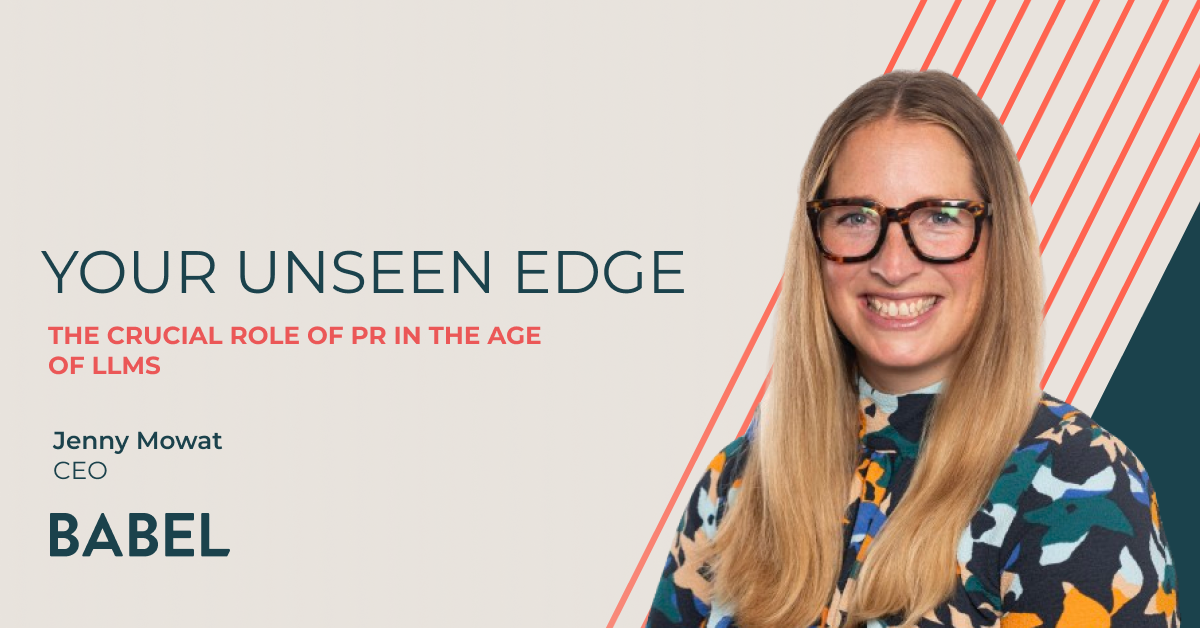Should we fear Artificial Intelligence?
Over the last few years, I've had the sinking feeling that I've walked into one of the sci-fi films I obsessed over as a child. Stay with me.
As with most of our technological worries from the last decade, wariness around Artificial Intelligence has probably been rooted in some 1980s film starring Arnold Schwarzenegger (read: Terminator). Whilst seemingly farfetched, these notions have been compounded in recent years by earnest comments from those 'in the know' such as Stephen Hawking and respected research firms. Reservations of the average Joe have not stopped companies like IBM, Amazon, Google, Facebook, and (surprisingly) Apple from coming together and stepping into the AI research ring in an attempt to push the technology to its limits.
Frankly, the real worry isn't about an AI robot army led by an omniscient super computer (read: I-Robot). Most are concerned that advances in AI software will compromise employment, replacing jobs such as those in factories, transportation, retail, and even basic journalism.
Working for a tech PR agency, and being a bit of a tech junkie myself, I feel conflicted. I want to see how far we can take AI (and how far AI can take us), though not at the expense of people's livelihoods. Jobs that are susceptible to automation, i.e. those that can be solved using a clever combination of sensors, logic, and a connection to the WWW (e.g. taxis), will be some of the first to feel these effects (read: Total Recall).
It will be interesting to see what people prioritise over the next few decades as certain jobs go extinct. Perhaps creative roles, highly social positions, and jobs managing humanitarian efforts will be safeguarded, as these have an innately 'human' aspect. I'm hoping for my own sake that PR fits in here somewhere!
One thing to be sure of is that the world around us is slowly being coded (read: The Matrix), and behind that code is a programmer doing the legwork to write and maintain it. With an influx of robot employees comes an industry designed around maintaining them. Whether or not we at Babel will still be calling journalists about the latest scoop in 30 years, or whether we'll be supplanted by AI is a point of worried enquiry. The real scoop here is that if people still want jobs for themselves or the next generation, they should start thinking about where people will still be useful, and what can't be done by an army of cute, artificially intelligent automatons (read: Wall-E).


.jpg)






